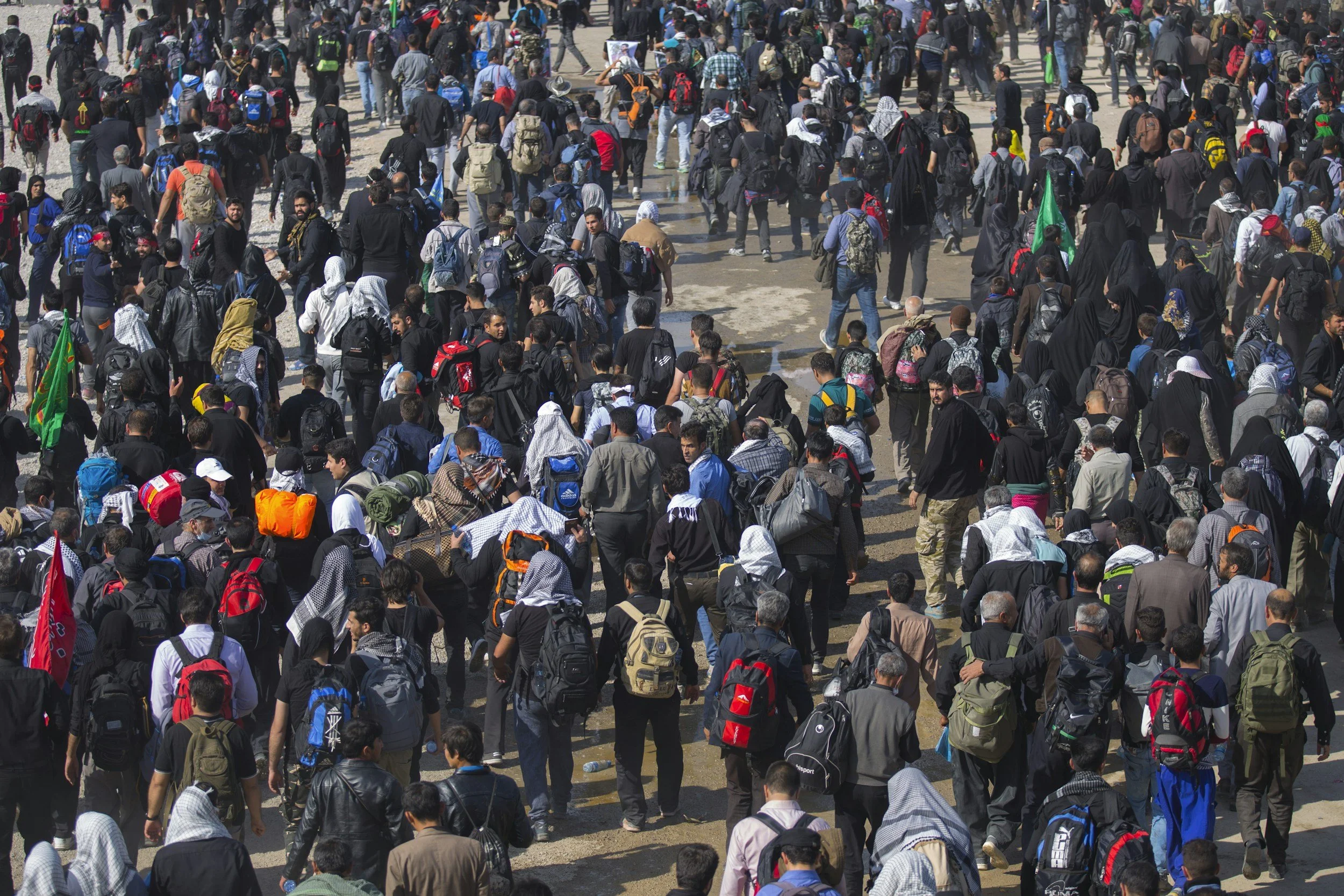Crime as a Social Problem
Research Theme Summary
The workshop has focused on examining crime trends in Sweden and Chile. Despite significant institutional and cultural differences, both countries face a rise in firearm violence among young gang members, raising questions about the drivers of such violence. The 2022 workshop in Punta Arenas, Chile, focused on comparative data and trends. Building on this, the 2024 ACCESS Forum examined crime prevention and control in urban spaces. After interacting with the Chilean president during a poster presentation, two group members drafted a policy memo on the Swedish prison system, showcasing the workshop’s role in strengthening scholarly collaboration and fostering innovative research.
PIs
Margareta Hydén, Stockholm University
Patricio Dominguez Rivera, P. Universidad Católica
Participants
Catalina Droppelmann, P. Universidad Católica
Cristian Letelier, Universidad de Chile
Elena Prats, Uppsala University
Felipe Estrada, Stockholm University
Leopoldo Lazcano, Stockholm University
Martín José Ordóñez, P. Universidad Católica
Petter Ingemarsson, Uppsala University
Ulda Omar Figueroa, P. Universidad Católica
Svenska Arensburg, Universidad de Chile
Solisa Pekkari, Gothenburg University
Mauricio Olavarria, Universidad de Chile
Results
The series of activities included ten research seminar discussions, where each participant presented their research. In addition to these presentations, we developed a comparative analysis and state-ofthe- art review of crime research in Chile and Sweden, led by ACCESS members Felipe Estrada, Margareta Hyden, and Patricio Domínguez. Participants also engaged in a Criminology Symposium featuring Gary LaFree (Maryland) and Tom Tyler (Yale), and we organized a keynote presentation for our workshop by Mathew Lidqvist on ADHD and prison. The program included a visit to Fryshuset, a renowned Swedish organization for youth empowerment. Finally, we had a seminar discussion with the 2024 winners of the Stockholm Prize, providing valuable insights and fostering rich academic dialogue. These activities collectively enhanced the understanding of crime and its prevention in both countries, promoting international collaboration and evidencebased policy development.












